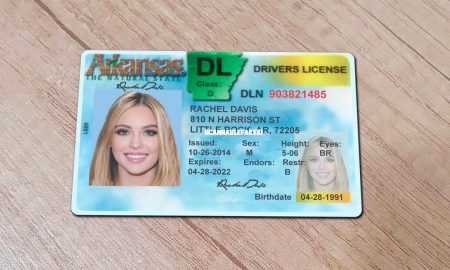Do Bouncers Give Fake Ids To Cops
2024-04-19 2024-04-19 11:31Do Bouncers Give Fake Ids To Cops
Do Bouncers Give Fake Ids To Cops
Bouncers are an integral part of the nightlife scene, responsible for ensuring that those entering a venue are of legal drinking age and maintaining order inside. However, there have been instances where bouncers have been found to engage in unethical practices, such as giving fake IDs to police officers.
The use of fake IDs is a common issue in the nightlife industry, with many underage individuals attempting to gain entry to bars and clubs by using false identification. Bouncers are often trained to spot fake IDs and are encouraged to confiscate them in order to prevent underage drinking and liability issues for the venue.
However, in some cases, bouncers have been caught giving fake IDs back to patrons or selling them to underage individuals. This raises serious concerns about the integrity of the security measures in place at these venues and the potential consequences of allowing underage individuals to drink alcohol.
One of the primary reasons why bouncers may give fake IDs to cops is to avoid legal repercussions for themselves or their employers. If a bouncer is caught with a fake ID in their possession, they could face fines, loss of their job, or even criminal charges. By giving the fake ID to a police officer, they may believe they are deflecting the blame and avoiding punishment.
Another reason bouncers may give fake IDs to cops is to protect their sources or connections. Some bouncers may have personal relationships with individuals who provide them with fake IDs, such as other patrons or even employees of the venue. By handing the fake ID over to the authorities, they are protecting these connections from being discovered and facing consequences.
The practice of bouncers giving fake IDs to cops not only undermines the security measures in place to prevent underage drinking but also puts the reputation and integrity of the venue at risk. If it is discovered that bouncers are engaging in such unethical behavior, it can lead to negative publicity, loss of business, and even legal action against the establishment.
To combat this issue, venues should implement stricter protocols for handling confiscated fake IDs and provide ongoing training for their security staff on how to properly identify and deal with fraudulent identification. Additionally, there should be consequences in place for bouncers who are caught engaging in unethical behavior, such as immediate termination of employment.
In conclusion, the practice of bouncers giving fake IDs to cops is a serious issue that undermines the safety and integrity of nightlife venues. It is essential for venues to take proactive measures to prevent this behavior and hold their staff accountable for maintaining the security and legality of their operations. By upholding high standards of professionalism and ethical conduct, venues can ensure a safe and enjoyable experience for all patrons.










